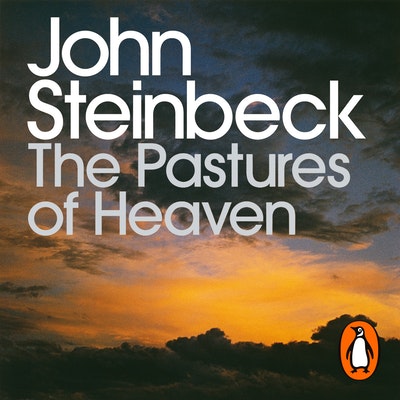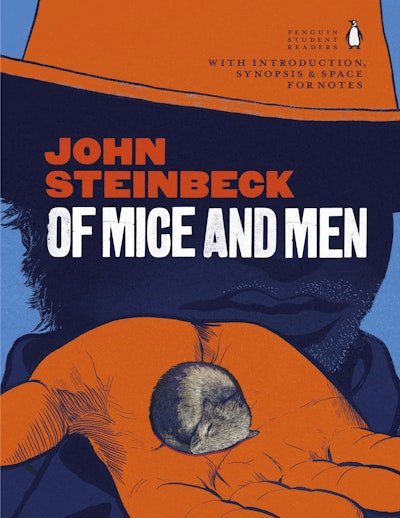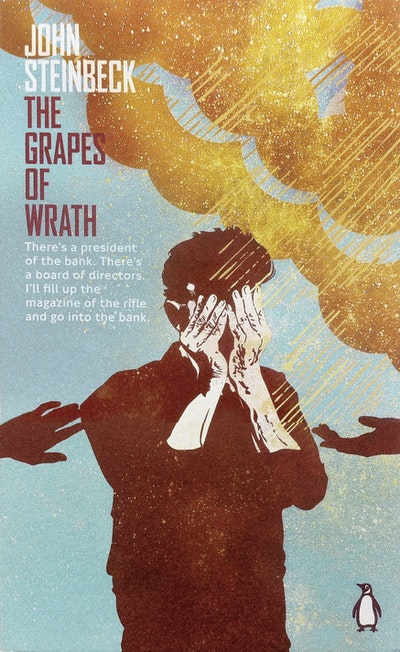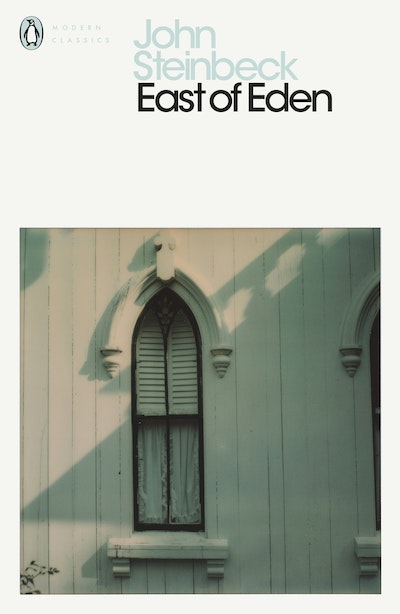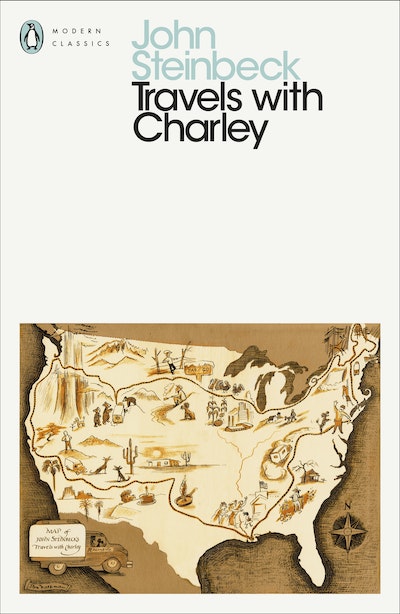- Published: 28 January 2021
- ISBN: 9780241510100
- Imprint: Penguin Audio
- Format: Audio Download
- RRP: $26.99
The Pastures of Heaven
- Published: 28 January 2021
- ISBN: 9780241510100
- Imprint: Penguin Audio
- Format: Audio Download
- RRP: $26.99
Overwhelming - just buy it for its beauty
New Statesman
A brilliant read, unlike anything you have ever read before...the message is universal
The Times
It is a rich, provocative and hopeful vision of the world, stuffed full of drama and surprise-its literary lineage - the ease with which spirits move through every day life - is from ancient Greece and medieval romances
Independent
Okri is incapable of writing a boring sentence. As one startling image follows the next, The Famished Road begins to read like an epic poem that happens to touch down just this side of prose... When I finished the book and went outside, it was as if all the trees of South London had angels sitting in them
Linda Grant, Independent on Sunday
This is a book to generate apostles. People will be moved and, with stars in their eyes, will pass on the word
Time Out
The Famished Road is a masterpiece if one ever existed
Jay Parini, Boston Sunday Globe
Azaro says that his is "a spiritchild nation, one that keeps being reborn and after each birth comes blood and betrayal". There's a glory in that. Azaro's scary, awesome, hallucinated childhood is a piece of sustained invention that turns out to be glorious in its own right, too
Angela Carter, Sunday Times
In a magnificent feat of sustained imaginative writing, Okri spins a tale that is epic and intimate at the same time. The Famished Road rekindled my sense of wonder. It made me, at age 50, look at the world through the wide eyes of a child
Michael Palin
